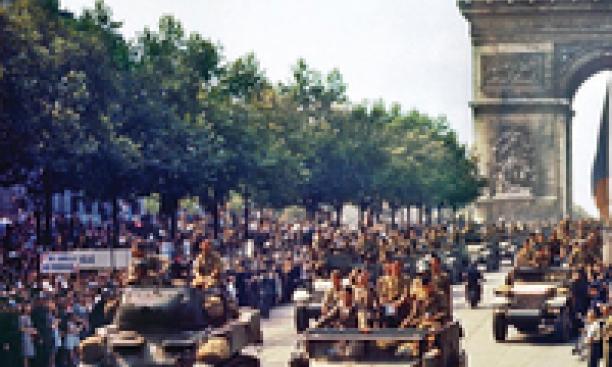

New book: When Roosevelt Planned to Govern France, by Charles L. Robertson *59 (University of Massachusetts Press)
The author: A retired professor of government at Smith College, Robertson first learned about President Franklin Roosevelt’s alleged plan for an Allied military occupation of France after its liberation from a former aide to Charles de Gaulle some 30 years ago. In 2004 he heard the same story again and then decided to find out whether it was true. Robertson, who taught precepts in the politics department at Princeton in the early 1950s, also is the author of International Politics Since World War II: A Short History and The International Herald Tribune.
The book: Few Americans have ever heard of Roosevelt’s plan to install a military government at the end of World War II, yet many French are aware of it and believe that until the last moment an occupation was imminent, writes Robertson. In When Roosevelt Planned to Govern France, he explores whether Roosevelt really did intend to occupy France, how and why the plan never came to be, why the French still believe it almost did, and why Roosevelt objected to de Gaulle being in power.
Opening lines: “Sitting at a dinner table in a Paris apartment in 1979 I listened while an aged former member of General de Gaulle’s wartime entourage told me how, at the time of liberation in 1944, he and several others had turned back a ship crammed with American military government personnel and bales of documents, all destined to establish an American-run military government in liberated France, one that would last for up to a year until elections could take place to determine a genuinely legitimate government for the country. My dinner partner boasted that, standing on the quay with the others, he had sent the Americans packing with all their equipment and elaborate documentation.”
Review: Steve Pfarrer of the Daily Hampshire Gazette wrote, “The personality clashes and complex interplay of diplomatic and military events alone make for fascinating reading. But what emerges in the end is a study of how differently history is sometimes interpreted.”
